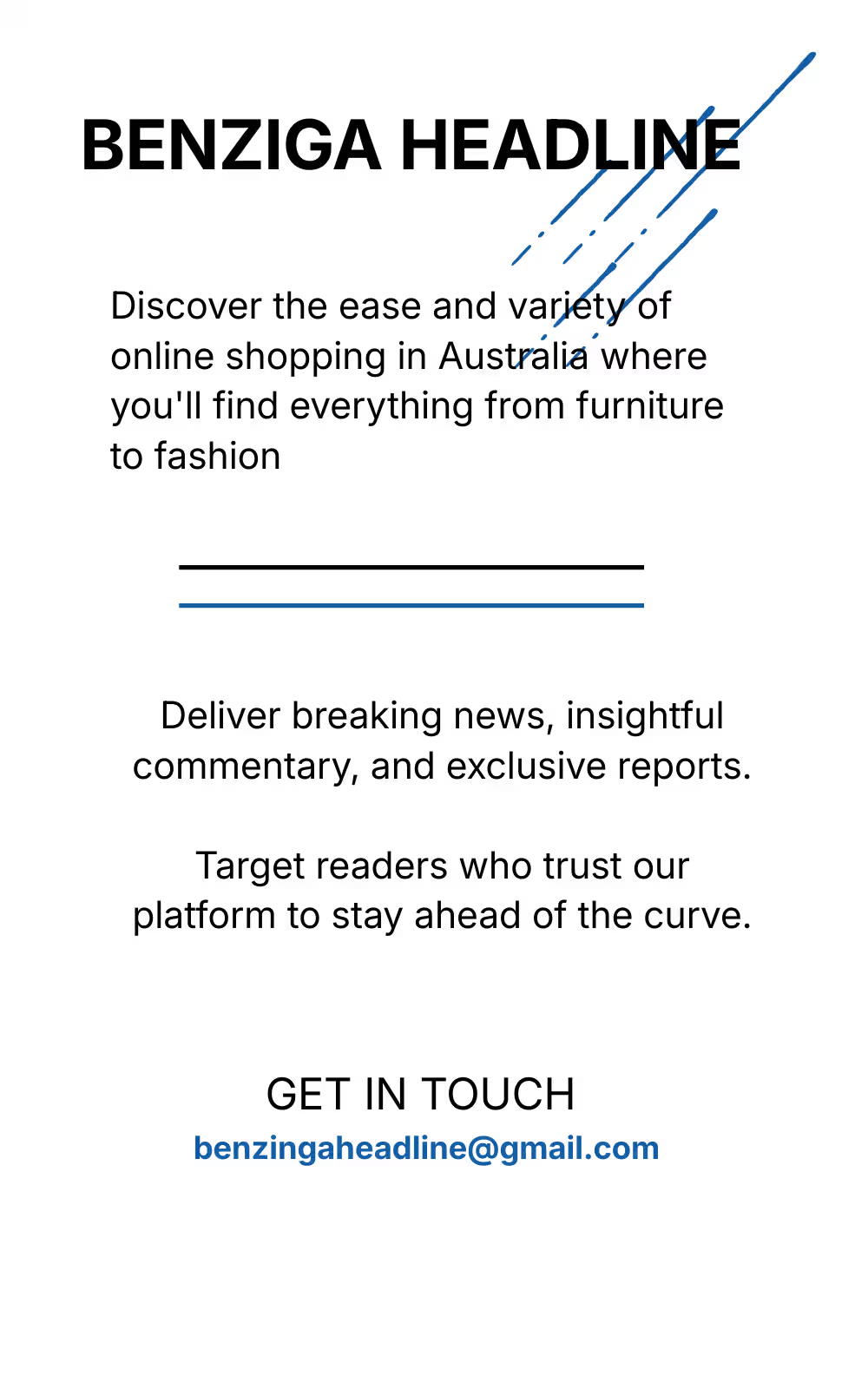Employee Loyalty
Lucas (2014) says that she learned the effectiveness of Employee Loyalty Programs as cost-efficient vehicles for improving employee engagement, aligning the workforce behind corporate priorities, increasing customer satisfaction and ensuring that increasing productivity is well-documented. According to the latest SHRM/Globoforce survey results, companies who follow key recognition practices are seeing better metrics across the board. These initiatives are an excellent method to gain potential customer's trust because they result in better customer experience. Bersin by Deloitte reports that organizations with the most sophisticated recognition programs are 12 times more likely to have strong business outcomes.
Loyalty Gator (2020) states that satisfied employees perform better because they are much more likely to promote your brand in a positive manner, both inside and outside of the office. This generally translates into word-of-mouth marketing – the best kind of marketing. Happy employees are less likely to leave, which keeps turnover low and will save you money on training costs and errors. Customers are more likely to have a positive experience when interacting with motivated employees. The bottom line is employee loyalty is directly related to company profit.
Employee Loyalty Program
There are many reasons to have an Employee Rewards and Recognition Program which may also be referred to as Loyalty, Rewards, Recognition, Total Rewards, or Employee Engagement Programs. Although these terms are often used interchangeably, reward and recognition systems should be considered separately. Employee reward systems refer to programs set up by a company to give tangible rewards based on performance and motivate employees on individual and/or group levels. Employee loyalty programs are intended to provide a psychological reward as in a financial benefit. This method helps create engaged employees. An employee loyalty program is often combined with a reward program since many elements of designing and maintaining the two are the same (Lucas,2014).
Good Employee Loyalty Programs
Motivating staff for training and certification can be very effective. Now you can track employee courses and recognize their achievements. Properly tracking staff performance and production ensures accountability, allowing your company to reward top performers willing to go the extra mile and provide extra training to others. Your employees are a great resource for new customer referrals (via their friends, family, and social media) but also a great starting point when you are recruiting new hires. As your frontline, your staff will no doubt be able to provide some really valuable insights, suggested improvements, and customer feedback. Your staff serve as a link between your company and your clients because they are the ones who will be interacting with them the most. Loyal employees will gladly promote your company on their own terms, building confidence with your clients in the process resulting in a more positive customer experience.
The true cash-flow consequences of employee turnover far exceed most managers' intuitive estimates - Frederick F Reicheld: Author of The Loyalty Effect. He goes on to say in terms of productivity “…the client could increase profits 50% by cutting [employee] turnover in half.” “…found that the top third in employee retention was also the top third in productivity, with 22-percent-higher sales per employee than the bottom third.” And in terms of profit “Stores with ‘low' employee turnover (100 percent on average) had profit margins more than 50 percent higher than stores with high employee turnover (averaging 150 percent).
There are all sorts of creative and interesting ways you can offer incentives and rewards to your employees beyond the traditional trophy or certificate (Collins, 2019). The following are some examples of credible employee loyalty programs implemented by some well to do companies:
Kazoo
Software company Kazoo specializes in “people management” tools and has developed a recognition and rewards program for their employees inspired by social media. A digital feed lets everyone see when another employee is recognized or nominated for the work they do. Each time someone gets recognized, they earn points which can then be used to purchase rewards. Kazoo employees can cash in points to donate to a charity close to their hearts or a gift card to someplace they like. They can even buy points to send to other people at the company, which happens often.
Snappy
Snappy has created an inventory of employee recognition gifts for award recipients to choose from. They have an entire gift-giving platform, highly personalized, offering a lot more than the average. International trips and local cooking classes are just a few examples of the gifts employees can receive through Snappy's platform, and gifts are given out via digital scratch-off cards.
Blueboard
Like Snappy, Blueboard has a curated employee reward program, but they focus on experiences rather than material things. From something as simple as a spa day to once-in-a-lifetime events like running with the bulls in Pamplona, their rewards are highly personalized to the employee. They get to indulge in a passion they have always wanted to explore or check something off their bucket list, and at the end of the day they have their company to thank for it.
Yankee Candle
Perhaps not the first company that comes to mind when you think of innovation, Yankee Candle nonetheless considers itself the home of the “world's best-loved employees.” As the company grew into the household name it is today, managers found it difficult to individually recognize employees for their work. Oftentimes, people would get recognition for accomplishments or hitting important milestones in the mail, which felt impersonal. To solve that problem, Yankee came up with an employee recognition toolkit that it gave out to each of its managers. That let the company scale and still pay attention to its employees' individual contributions with a human touch.
Omelet
This ad agency rewards employees by giving them time to devote to their passions. The company developed what it calls the 60/60 Program, which lets employees devote two hours of company time per week to work on a passion project. The project doesn't have to be related to ongoing work and gives employees a chance to delve into something fulfilling.
Scopely
This video game company has a completely unique take on employee recognition gifts. They reward people who perform well with a trophy, shout-out on social networks, and prime parking real-estate, but for work anniversaries, they go a step beyond. The company immortalizes them in an oil painting. Other anniversary gifts include custom-made samurai swords. This is smart because it gives employees a personal reward they're unlikely to ever forget, and does it right at the time when people are statistically most likely to change jobs: their one-year anniversary (and each anniversary beyond that). If commissioning personal oil paintings sounds a bit too costly, consider an alternative in the same vein: Two Rivers Marketing gives hand-drawn caricatures of employees for their work anniversaries. It isn't as expensive, but it still gives people a personal gift they'll remember (and maybe chuckle at) for a while.
Deschutes Brewery
This company takes a fun, active approach to employee recognition by getting everyone involved in things that celebrate the company culture. HR director Pat Gerhart described some examples in an interview, all of which involve the company product craft beer in some way:
“Is there snow? Let's do a snowshoe hike with a keg of beer and burritos at the shelter bonfire. It's a nice summer evening? Let's sponsor co-owners for a local run/walk and have fun together with a beer and sharing stories after the event.” You do not have to go as all-out as these companies have on the employee recognition front if it is not in the budget, but maybe you can gain inspiration from their approach. All of the above companies make sure their employees feel seen and important, authentically recognizing their contributions without being cheesy or insincere.
Some focus on experiences rather than cash bonuses, or fun group activities that fold in the company product. If you go that route, letting the person choose their experience makes the reward that much sweeter. Experiment, get feedback from your employees, and see what would work the best for them when putting together your program (Collins,2019).
References
- Collins, T. (2019). Employee Recognition Program Examples and Statistics. [online] VIKTOR. Available at: https://www.viktorwithak.com/employee-recognition/.
- Loyalty Gator Inc. (2020). Employee Loyalty Program - Employee Rewards | Loyalty Gator. [online] www.loyaltygator.com. Available at: https://www.loyaltygator.com/employee-loyalty-program.
- Lucas, T. (2014). B2B Technology Sales and Marketing Recruiters. [online] Lucas Select. Available at: https://lucasselect.com/should-your-company-have-an-employee-loyalty-plan/#:~:text=Employee%20reward%20systems%20refer%20to.
Ifeoma is a Business Analytics and Research Consultant at Industrial Psychology Consultants (Pvt) Ltd, a business management and human resources consulting firm.
LinkedIn: https://www.linkedin.com/in/ifeoma-obi-92b4b9121/
Phone: +263 242 481946-48/481950
Mobile: +263 775 187 283
Email: ifeoma@ipcconsultants.com
Main Website: www.ipcconsultants.com

